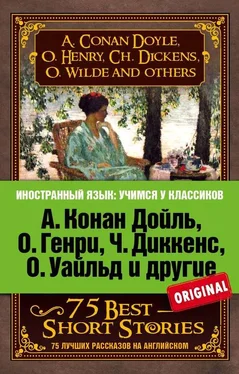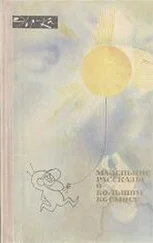the Lincoln– an annual horse race in Lincolnshire
Hampshire– a historic county in south-central England, on the English Channel
Richmond Park– a park on the River Thames in central London
the Leger– Saint Leger, one of the three English Crown horse races; it is held annually in September in Doncaster, Yorkshire, since 1776.
vicar– in the Church of England, the priest in charge of a parish
President Wilson– Woodrow Wilson (1856–1924), president of the United States in 1913–1921, the creator of the League of Nations after World War I
Mr. Bryan– William Jennings Bryan (1860–1925), an American politician and orator, the leader of the Democratic Party
Abraham Lincoln(1803–1865) – the United States president at the time of the American Civil War of 1861–1865
Goethe– Johann Wolfgang von Goethe (1749–1832), the greatest German poet, writer, scientist, critic and philosopher
Balzac– Honoré de Balzac (1799–1850), a French writer, one of the greatest novelists of all time
tour de force= amazing feat ( French )
qui vive– alert, lookout, here: attention ( French )
brio= brilliance ( French )
poise= graceful bearing, composure ( French )
je ne sais quoi– I don’t know what ( French )
MS= manuscript
Milton– John Milton (1608–1674), an English poet and historian, the author of the famous ‘Paradise Lost’
Toronto– a city in southeastern Canada on the northern shore of Lake Ontario
Tuscapulco– a town in Mexico
Mexico City– the capital of Mexico, founded by the Spanish in 1521
the Solomons– a group of islands in southwestern Pacific Ocean, discovered by the Spanish explorers in 1568
Sydney– a city and port on the southeastern coast of Australia
Winchester rifle– a famous rifle developed by Oliver Winchester (1810–1880), an American manufacturer of guns
Santa Cruz– a group of volcanic islands in the Solomon Islands
Samoans– residents of Samoa, an island in the Pacific northwest of New Zealand
Tongans– residents of Tonga, an island in the South Pacific Ocean
Fiji– an island group of Melanesia in the Pacific Ocean, west of Samoa and Tonga
Queensland– a state in northeastern Australia
New Britain, New Ireland– islands of the Bismarck Archipelago in the southwestern Pacific Ocean
New Guinea– an island of the Malay Archipelago in the Pacific Ocean north of Australia
the Admiralties– the island group of 40 islands in Papua New Guinea in the southwestern Pacific Ocean
Guadalcanal– the largest island of the Solomon Islands in the southeastern Pacific Ocean
the Yukon– a river in North America; it flows through northwestern Canada and the central regions of Alaska, US.
the Chilcoot Pass– a pass in the Rocky Mountains used as a way to the lands rich in gold
Dyea– a river and town in the Rocky Mountains in Canada
Dawson– a city in Canada on the border with Alaska, at the confluence of the Klondike and the Yukon Rivers, named for geologist George Dawson
Nulato– a settlement on the Yukon River in Alaska
St. Michael– an island on the Yukon River
Bering Sea– a part of the Pacific Ocean in the north; it separates Asia from Alaska in North America.
Sixty Mile– a fort on the Yukon River
Mercury– the closest to the Sun planet of the solar system
anaesthetic– medicine that relieves pain or produces general loss of sensation
Dagon– in the Middle East, the Semitic god of fertility, the legendary inventor of the plow
the Great War– World War I of 1914–1918
the Hun(s)– primitive nomadic people who invaded Europe in the 4th century and built an enormous empire
Paradise Lost– a famous poem by John Milton
Stygian– 1) related to Styx, in Greek mythology, the river of the underworld, the symbol of death; 2) dark, gloomy.
Cyclopean– in Greek mythology, Cyclops are one-eyed giants and cannibals living a rude primitive life in a distant land
hieroglyphics– a system of writing in the form of pictures which are used as symbols for words or syllables
Doré– Gustave Doré (1832–1883), a famous French printmaker and book illustrator
Piltdown (man)– an extinct man whose remains were discovered in 1810 by Charles Dawson, an English lawyer and geologist
Neanderthal man– an archaic man who appeared 300 000 years ago and was replaced by modern humans 25 000–30 000 years ago
Polyphemus– in Greek mythology, the most famous of the Cyclops
ethnologist– a scientist who studies ethnology, a division of anthropology that deals with culture of different peoples of the world
Philistine(s)– a people who lived in Palestine in the 12th century BC
Ptolemais– two ancient cities of the same name: one – in Upper Egypt, founded by Ptolemy I, and the other – in Libya, founded by Ptolemy III
Читать дальше
Конец ознакомительного отрывка
Купить книгу












